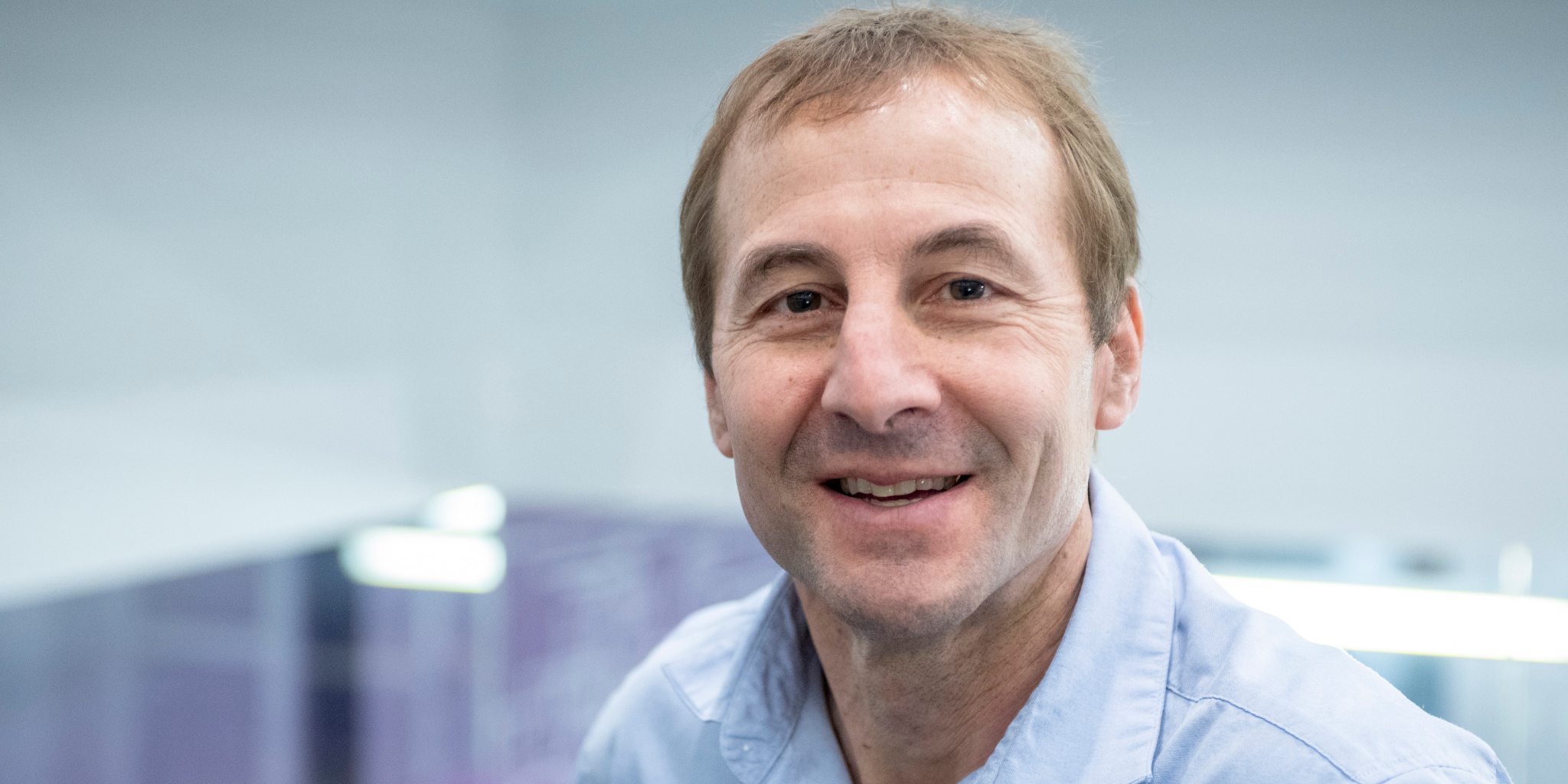
Keith Dionne, Casma CEO (Casma)
Keith Dionne's Casma lines up a $50M venture round to continue the preclinical work on a cellular recycling program
Two years after launching out of Third Rock’s incubator, Casma Therapeutics has landed a $50 million Series B for preclinical development of its muscular dystrophy …
Sign up to read this article for free.
Get free access to a limited number of articles, plus choose newsletters to get straight to your inbox.